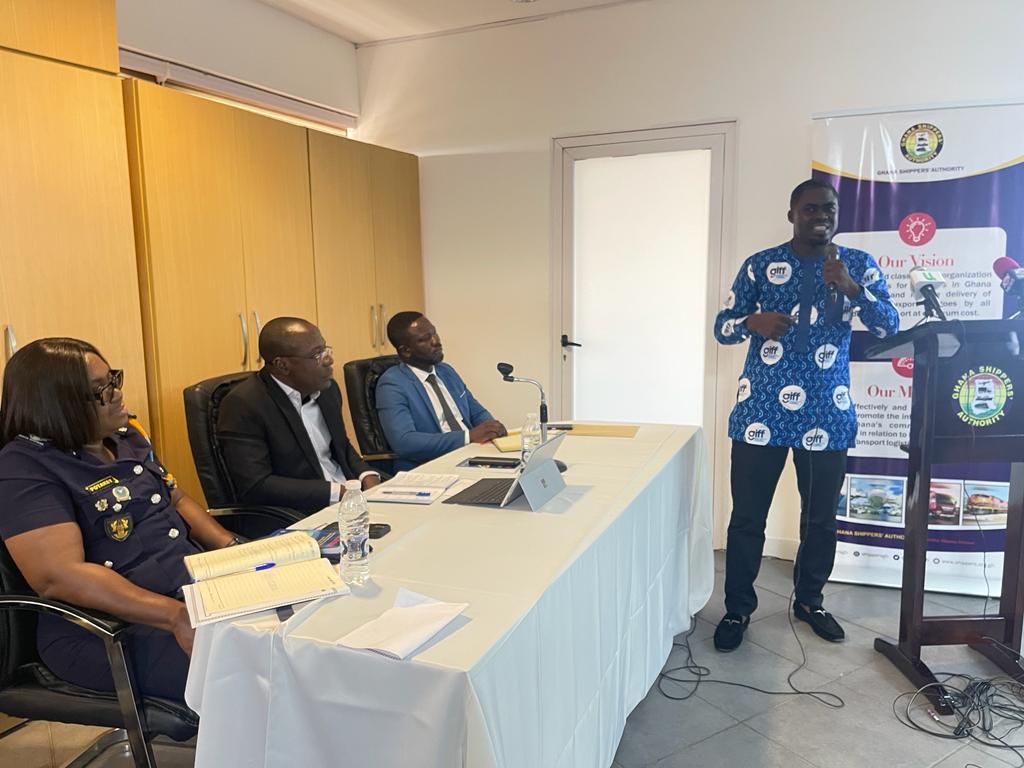
By Samuel AGYEMAN-PREMPEH
Credibility refers to the quality of being trusted, believed and taken seriously. When someone has credibility, people are more likely to listen to them, follow their advice or see them as a reliable source of knowledge or authority.
In the context of writing and publishing a book, credibility often comes from demonstrating deep knowledge, experience or unique insight on a subject.
A book shows that the author has taken the time to think critically, organise their thoughts and share something of value—this effort naturally earns respect.
Michelle Obama was already known as the former First Lady of the United States, but when she authored her memoir, ‘Becoming’, her relevance and credibility as a thought leader expanded far beyond her previous role. The book offered a raw, personal and inspiring look into her life, values, struggles and journey.
Because she documented her story in such a thoughtful and powerful way, she became more than a public figure—she became an influential voice in areas like education, leadership, women’s empowerment and mental health.
The book helped her connect with millions of people on a deeper level, proving how authorship can elevate someone’s authority and make them even more relevant globally.
While not widely known for writing a traditional book, Patrick Awuah’s speeches, essays and published thought pieces about ethical leadership and education in Africa have elevated his credibility as a change-maker.
His thought leadership—published in journals, op-eds and educational platforms—has positioned him as a visionary in African higher education, gaining recognition from global institutions like the MacArthur Foundation and World Economic Forum.
Growing up in Ghana, education was seen as the ultimate equaliser. But even within educated spaces, there are levels.
I realised early on that while many people go to school, graduate and even excel in their professions, very few ever document their journey, share their lessons or offer structured guidance for the next generation.
It’s no surprise that when someone publishes a book, they instantly gain a kind of relevance and credibility that even years of work experience might not give them. The act of writing elevates your voice and places you in a unique class.
I experienced this shift first-hand.
When my team and I released our book ‘Hello Intern’, we did it with a heart for students. We wanted to demystify the internship journey and bridge the gap between classroom learning and real-world exposure. What started as a passion project quickly grew into a powerful platform.
I began receiving invitations to speak at universities, facilitate workshops and mentor students. Suddenly, my opinions weren’t just heard—they were respected.
That’s when I truly understood the power of authorship. The book didn’t just change the readers—it transformed how people saw me.
Later, we followed up with Career Advantage, another attempt to guide young professionals as they navigated Ghana’s unique employment landscape.
The feedback was overwhelming. Students and early-career professionals kept telling me how the books helped them shift their mindset and approach opportunities with confidence. Some even said: “Sir, your book made me feel like I could succeed”. That kind of impact—measurable, heartfelt and deeply personal—is what makes writing worth it.
In Ghana, and indeed many parts of Africa, we are entering a generation of bold thinkers, entrepreneurs, innovators and problem-solvers. But if we don’t write, if we don’t share our knowledge, if we don’t document our journeys, how will the next generation learn from us? How will they know what worked, what failed and what’s possible?
The truth is, in a world filled with noise, clarity is power. And writing gives you clarity. It forces you to dig deep, reflect and share from a place of authenticity.
Whether you’re writing about farming techniques in the Upper East Region, financial literacy for Gen Z, menstrual hygiene access in rural communities or your journey as a young entrepreneur in Accra, your story matters. Your voice matters.
Authorship is not reserved for the elite. It’s for the committed. It’s for those who dare to believe that their lived experiences are valid and valuable. It’s for those who want to build credibility not just by claiming expertise, but by demonstrating it through thoughtful work.
So I say this to you: if you’ve ever had a desire to write a book, start today. You don’t need to be perfect. You just need to be real. You may never know who’s waiting on your words. And once your book is out there, you’ll find that doors open, networks expand and your influence deepens.

>>>the writer is a Publishing Consultant, Professional Ghostwriter, Licensed Counselor and IAPPD Certified Trainer. [email protected]
The post Authorship: Credibility and authority appeared first on The Business & Financial Times.
Read Full Story















Facebook
Twitter
Pinterest
Instagram
Google+
YouTube
LinkedIn
RSS